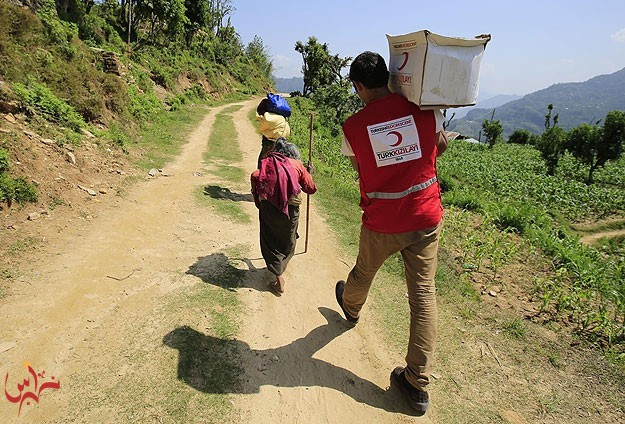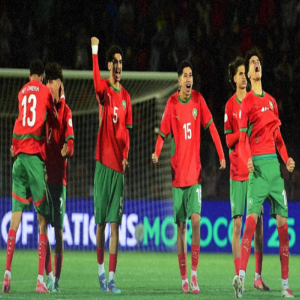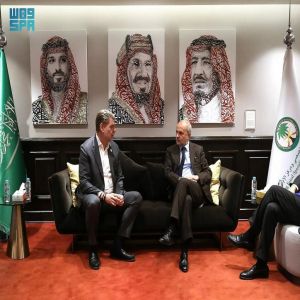Turkey came to the help of the needy people of Nepal, which was stricken by a 7.8 magnitude earthquake, through both governmental institutions and nongovernmental organizations.
Standing beside the Nepalese people who have suffered from the severest earthquake in 80 years; Turkey has lent a helping hand to Nepal in many fields from search and rescue efforts to food, drugs and sanitary material.
In the aftermath of the 7.8 magnitude earthquake that shook Nepal, Disaster and Emergency Management Authority (AFAD) of the Office of the Prime Minister as well National Medical Rescue Team (UMKE) of the Ministry of Health and civil search and rescue teams coordinated by AFAD started their efforts as soon as they arrived at Kathmandu airport, working on the wreckage on their way. The teams then resumed their efforts in Pukhulacchi located near Kathmandu.
38 people from AFAD and UMKE, 4 people from the Turkish Red Crescent, 15 people from GEA Search and Rescue, 13 people from IHH Search and Rescue, 3 people from Doctors Worldwide, 20 people from AKUT and 8 people from SAR participated in the search and rescue efforts.
AFAD teams pulled 3 dead bodies out of the rubble as a result of their search and rescue operations, whereas GEA recovered 1 injured person during the rescue efforts it conducted at 11 wreckage areas in the Sitapalia region.
16 tons of humanitarian aid from AFAD
Turkey, one of 22 countries participating in search and rescue efforts following the earthquake that occurred in Nepal, has also simultaneously conducted humanitarian aid work. AFAD of the Office of the Prime Minister has in the first place delivered 16 tons of humanitarian aid to people living in Nepal, who have been in need of emergency assistance.
Furthermore, the Turkish Red Crescent initiated an aid campaign for earthquake victims of Nepal and sent 1,000 blankets and 320 packages of food to the region.
Moreover, various Turkish NGOs supported the process of healing the wounds of people living in Nepal through the humanitarian aid that they provided.
While the UN sources indicated that the search and rescue teams of national officials were sufficient and that no further teams were needed, the AFAD teams completed their work and returned home on May 2.
On the other hand, reports say that there is need for medical equipment and medicine, preventive vaccination, food and water in the region.


 كسوة الكعبة المشرفة
كسوة الكعبة المشرفة الفيصل يضخ المياه العذبة ويؤسس للجامعات في محافظات المنطقة / نبراس - إنتصار عبدالله
الفيصل يضخ المياه العذبة ويؤسس للجامعات في محافظات المنطقة / نبراس - إنتصار عبدالله تصحيح أوضاع 249 ألف برماوي خلال عامين أطلقها الأمير خالد الفيصل عام 1434هـ
تصحيح أوضاع 249 ألف برماوي خلال عامين أطلقها الأمير خالد الفيصل عام 1434هـ













